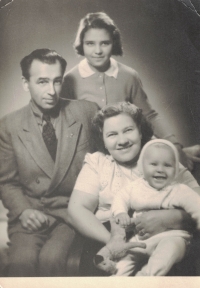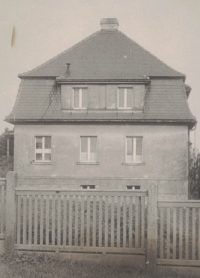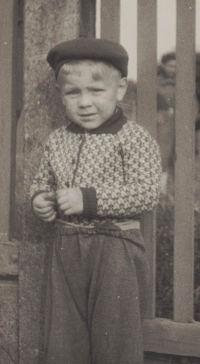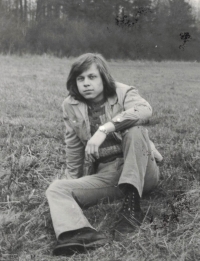He grew up by a border fence, then crossed it with his work and literary activities
Download image
Milan Hrabal was born in Varnsdorf on 10 January 1954. His parents came there to work and live from southern Bohemia after the war. His father left the Communist Party during the vetting process and the witness was banned from continuing his studies. He completed a high school of business and worked as an economist. In the 1980s, he founded and ran the Doteky poetry studio in Varnsdorf. During the Velvet Revolution, he co-organised the strike committee and joined the Civic Forum. For a long time afterwards, he worked at the municipal authority as the Head of the Department of Education and Culture. In this position he established relations with former German natives of Varnsdorf. He wrote poetry and prose, translated and popularized Lusatian-Serbian literature and culture. He was living in Varnsdorf in 2024. We were able to record his story thanks to the support of the town of Varnsdorf and the Czech-German Future Fund.




